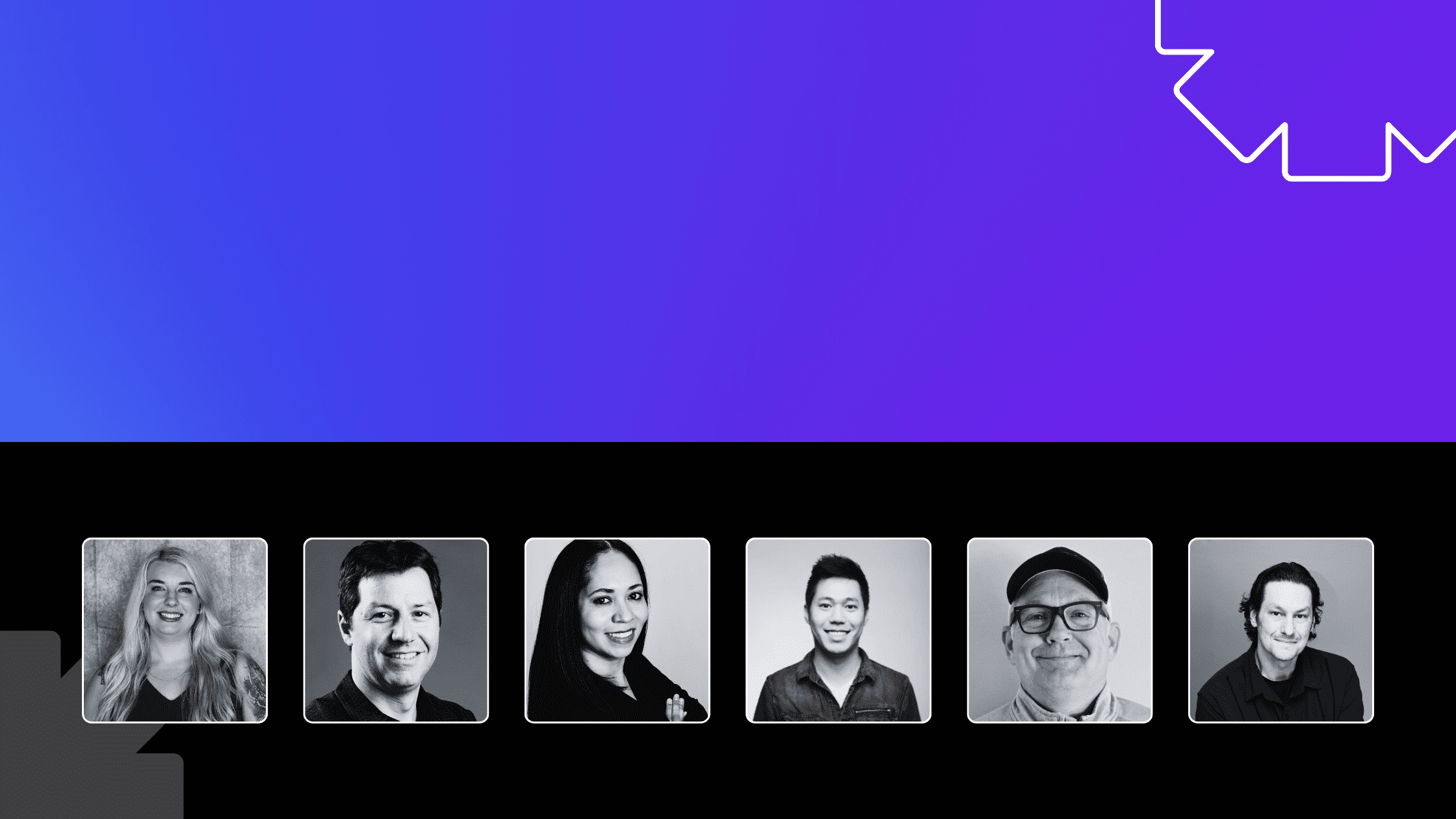The power of millennial marketing should be addressed. In addition, Gen Z marketing is a game changer as well. Gen Z was born between 1997 and 2021, millennials were born between 1981 and 1996. In the Gen Z population, there are about 90 million members. Keeping a pulse on what millennials and Gen Z want and knowing how to reach them can accelerate sales. These categories of consumers are unique, and deserve special attention. Their ways can vary from that of other generations. A Morning Consult report, “Understanding Gen Z” interviewed 1,000 18 to 21 year old individuals. They found that just about half (49%) gather a vast majority of their news from their social media feed. Hence a perfect example why companies need to keep up with Gen Z and millennials. Your old fashioned TV ads, radio ads, billboards, and so forth may never reach them. Luckily, as technology advances companies can better segment their customers and find more ways to stay in front of them. Keep reading to learn more about marketing on social media to Gen Z versus millennials.
Gen Z vs. Millennial Demographic Explained
The key difference between Millennials and Gen Z is the years that they were born. Anyone born anywhere between 1981 and 1996 is considered a Millennial. Anyone born in 1997, or later, is considered Gen Z. People who are currently being born are considered Gen Z until at some point in the future a consensus is formed that a new generation has begun. Other defined generations include Generation X and the Baby Boomers. If you are born anywhere between 1965 and 1980, you would be considered part of Generation X, where Baby Boomers would be considered individuals born between 1946 and 1964. But for the purpose of this article, we will focus solely on Millennials and Gen Z. Here are some key characteristics of the people from each of these generations.
Millennials: Millennials came to age during a very important and transformative time for not just the United States, but for the world. Older millennials most likely remember using card catalogs and the Dewey Decimal system in their school and public libraries before computers really became a central part of our everyday lives. Millennials saw the internet evolve from its earliest forms of dial-up and AOL to broadband and the rise of social media. These kinds of technological developments had a significant impact on much of the world. The way people communicate, the way they do business, and the way information is exchanged, all were transformed with the expansion of internet capabilities and social media usage. Millennials who grew up in the United States also lived through some major historical events that dramatically transformed the American way of life. The most significant historical event that Millennials experienced was 9/11, and then the subsequent War on Terror. The attacks of September 11th transformed how we live in many ways. From how we travel, to how the US Government obtains information from private citizens in the name of fighting terrorism. Additionally, Millennials were somewhat responsible for putting the first African American president in the White House in 2008. This was another significant moment in US history that defined the Millennial Generation and separated them from the previous political landscapes we saw during the Generation X and Baby Boomer years. Millennials also lived through what is now known as the great recession. As many Millennials made their way into the workforce and attempted to become full participants in the US economy, there was a period of rampant unemployment and wage stagnation that still carries implications to the present day. Also, Millennials were, at a time, the most racially and ethnically diverse adult generation in history, that is until Gen Z came along.
Gen Z: Gen Z is also coming to age at an interesting and transformative time in history, although in different ways than Millennials. What is most interesting about Gen Z is that they grew up with technology as a significant part of their life since birth. When the oldest individuals of Gen Z were 10, the first iPhone was released. Gen Z has always lived in a period when connectivity was constant and on-demand communication and entertainment were never non-existent. This constant connectivity and growing up in a social media-dominated society will have many implications in the future that will need to be studied to analyze their full impact. Additionally, Gen Z is coming to age in the time of COVID, and all the implications and ramifications that the disease, the lock-downs, and the political climate shapes our society.
Although we have more evidence of how Millenials have been affected by the world that they grew up in, it is apparent that there is a clear distinction between Millennials and Gen Z. This distinction is important to make in order to properly reach an individual in either generation through digital marketing and social media ad campaigns.
How does Gen Z use social media?
A great number of Gen Z individuals use social media as entertainment and a way to kill time. Social media is more ingrained into their everyday life as a way to kill time waiting in line for an event or riding the subway. Gen Z also expects companies to know them better based on their social media activity and interact with them with a more personalized experience based on previous interactions. They also are more prone to using social media to research new brands that they are unaware of. This means that as a small business, you may want to be creating content that promotes engagement while giving individuals the opportunity to make purchases directly from social media posts. Additionally, you will want to maintain an active social media presence that is quick to respond to inquiries, complaints, and compliments.
How Millennials Use Social Media
As more Gen Z individuals use social media as entertainment and as a way to kill time, more Millennials see social media as a way to communicate and stay in touch with friends, family, and acquaintances. Millennials also use social media as a source of news and information, and as a way to stay connected to the world around them. Companies that can associate their brand with a lifestyle or a subject of interest, may do better connecting to Millennials who use social media to form online communities around certain activities. Additionally, Millennials are more likely to use social media to address their high customer service expectations. If a company has done someone wrong, a Millennial is more likely to post on the brand’s social media page or send a private message to the company through a social media account. Just as much as Millennials will complain about bad customer service on social media, they are just as likely to rave about the great customer service they received. Keeping this in mind when addressing Millennials On customer service will go a long way to shoring up support among this generation.
How are both generations similar?
There are many ways that Millennials and Gen Z are similar. Both generations feel that their employment should contribute to the greater good and that the company they work for, should have a clear mission statement along with defined values that detail how the company is contributing to the betterment of society. Both generations are tech-savvy and they have no problem navigating new technologies and applications they may be unfamiliar with at first. They are quick learners when it comes to technology. Both generations also depend on social media for many things. From finding a new restaurant in their neighborhood to reading reviews about a new face moisturizer, social media is a source of information that they rely on. They may also be critical thinkers who are more able to recognize false information on social media versus their baby boomer counterparts.
How are both generations different?
The most obvious difference between Millennials and Gen Z is their age, which has many implications from what motivates them to what kind of life decisions they are currently making. Millennials may be buying houses, introducing their first child into the world, concerned about retirement savings. Gen Z may be more concerned with education, career advancement, and climbing the social ladder.
Social Media Marketing for Millennial Tips
The best thing a company can do to foster a productive relationship with Millennials on social media is to be responsive to their praise, complaints, and inquiries on social media. Millennials expect superior customer service, and if their expectations are met, they may be the first to scream praise for your company from the mountain top.
Social Media Marketing for Gen Z Tips
If you want to attract Gen Z to your brand using social media, you may want to ensure your content is engaging and responsive to the individual. Gen Z expects companies to personalize their experience. It may take a little more work to create personalized correspondence and attention for all your Gen Z customers, but doing so could result in building long-term, mutually beneficial relationships.
How Kickfurther Can Help
As you begin making more marketing efforts, the investment requirement may increase, thus leaving your business in need of financing. In addition, as marketing promotes and converts sales you will need to ensure that you have a healthy inventory supply. At Kickfurther small businesses can secure the funding they need to grow their business. With a 99.5% success rate, Kickfurther is up to 30% cheaper than other options.
Discover affordable inventory financing. . . visit Kickfurther online today!









